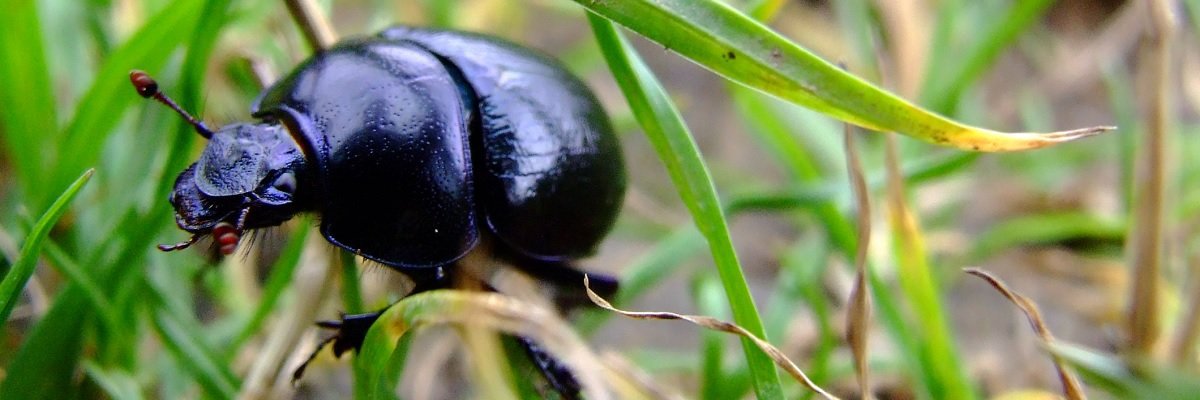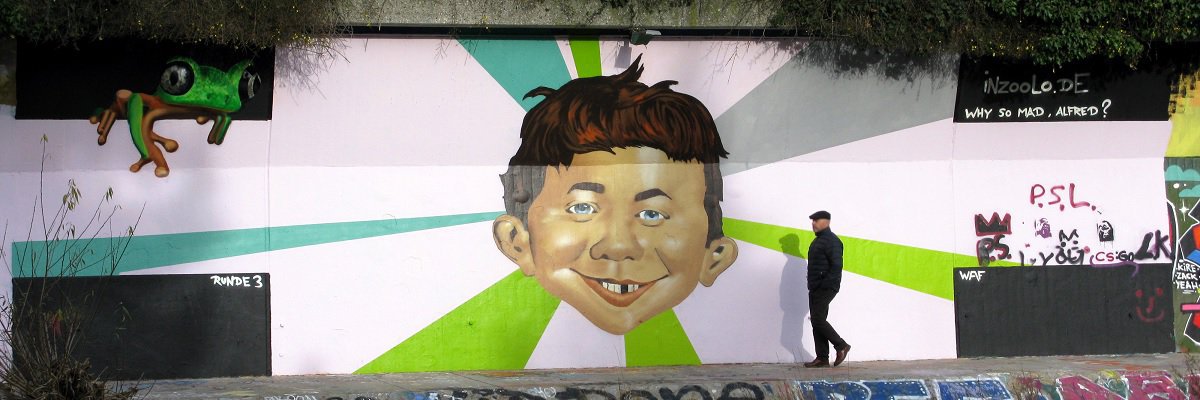Brachinus Lacunae, more commonly known as the “Redaction Beetle” or, among the cheekier members of the FOIA community, “Beetle Six,” is a species native to the mid-Atlantic region. Early settlers discovered that, similar to a squid, the Lacunae ejected an ink-like substance when threatened and adopted it as a cheap, local alternative to imported inks.
When Washington was made our nation’s capital, the ever-growing bureaucracy turned to the growing industry of beetle farms in Maryland and Virginia to supply a majority of the ink used in administrative paperwork. In fact, some of the most notable documents in American history, including the third and fifth drafts of the Bill of Rights, were products of Lacunae ink.

Image via Maryland Biodiversity Project
Unfortunately, the Freedom of Information Act changed everything. Seeing opportunity in the untold gallons of ink necessary to blot out state secrets, the National Beetle Farm Lobby (NBFL) pushed for a last minute amendment to the Privacy Act which legally required all FOIA redactions to be made with local Lacunae product.
And so the “Redaction Beetle” got its name.

One of the earliest uses of Lacunae ink, from J Edgar Hoover’s personal files. Hoover was said to keep a vial of the ink on him at all times and was proud of doing the redaction work himself.
In the short term, all parties prospered: The NBFL made millions as the state’s sole supplier and FOIA got the cute mascot it badly needed. But in the scandal-plagued eighties, as the American people fresh from Watergate increasingly refused to take their government’s words at face value, one thing became horrifying clear: Demand would outstrip supply, and soon.

Nearly 30 “white-out” beetles worth of ink - a modern-day street value of around $800 - went into this one release later obtained by Brad Heath.
Although the federal government did what they could — seizing acres of beetle-friendly land via eminent domain, encouraging the use of white redaction squares with black outlines to conserve ink (a decision that would infamously backfire, leading to the complete extinction of the albino redaction beetle sub-species) — by the time Obama set foot in the White House, promising “the most transparent administration in history,” the writing was on the wall. And there wasn’t enough ink left to cover it. Something needed to change.
Unfortunately, it did, and not for the better - with reports that redactions dramatically increased in the last eight years, many experts fear that, at this rate, we might not have enough Lacunae to make it through the next administration.
Non-releases like this one from the IRS aren’t just incredibly infuriating. They’re a reckless use of beetle resources.
Here’s how you can help. Join us in urging federal FOIA officers to commit to drastically reducing the number of arbitrary redactions over the course of the next year. If were were do away with just the gratuitously applied b(5) exemption, we’d be giving Lacunae the fighting chance it needs.
Use the hashtag #ThinkOfTheBeetle to let your government know - those black bars come at a cost. And it’s one that we owe to future generations of FOIA filers to start paying back now, before it’s too late.
Image via Pixabay




